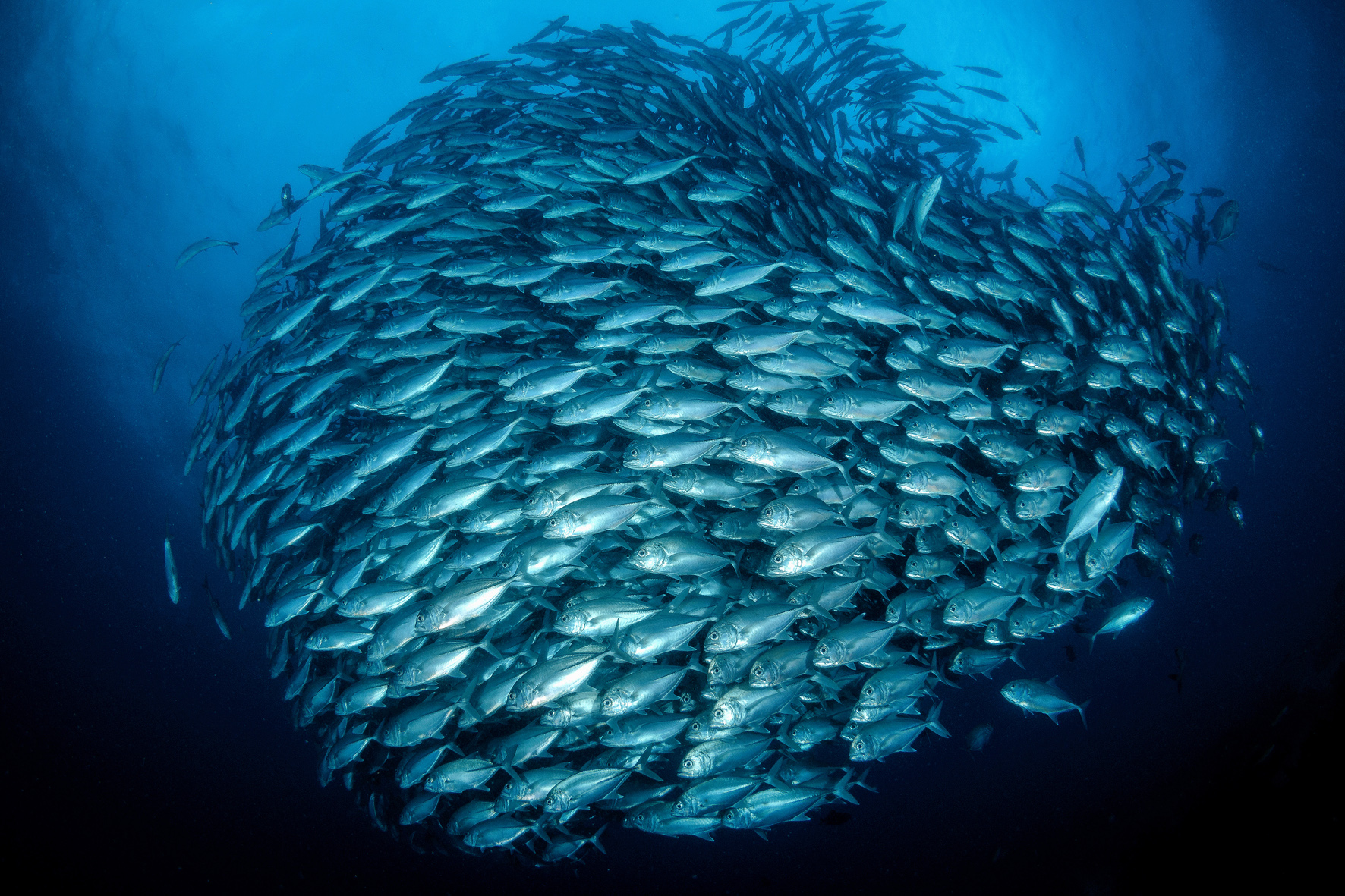
- This event has passed.
Guy Theraulaz, (CNRS, Toulouse, France. Host: Pawel Romanczuk): Ethological Analysis and Computational Modeling of Social Interactions in Schooling Fish
22 October, 2020 @ 4:00 pm - 5:30 pm
Abstract: Swarms of insects, schools of fish and flocks of birds display an impressive variety of collective movement patterns that emerge from interactions among group members. These puzzling phenomena raise a variety of questions about the interaction rules that govern the coordination of individuals’ motion and the emergence of large-scale patterns. While numerous models have been proposed, there is still a strong need for detailed experimental studies to foster the biological understanding of such collective motion phenomena. I will first describe the methods that we have developed in the recent years to characterize social interactions between individuals involved in the coordination of swimming in Rummy-nose tetra (Hemigrammus rhodostomus) from data gathered at the individual scale. This species of tropical fish performs burst-and-coast swimming behavior that consists of sudden heading changes combined with brief accelerations followed by quasi-passive, straight decelerations. Our results show that both attraction and alignment behaviors control the reaction of fish to a neighbor. Then I will present how these results can be used to build a model of spontaneous burst-and-coast swimming and social interactions of fish, with all parameters being estimated or directly measured from experiments. This model shows that the simple addition of the pairwise interactions with two neighbors quantitatively reproduces the collective behavior observed in groups of five fish. Increasing the number of interacting neighbors does not significantly improve the simulation results. Remarkably, we find that groups remain cohesive and polarized even when each agent only interacts with only one of its neighbors: the one that has the strongest contribution to the heading variation of the focal agent. Finally, I will present a swarm robotic platform with which we investigate the impact of collision avoidance based on speed control on the group behavior. This platform combines the implementation of the fish behavioral model and an engineering-minded control system to deal with real-world physical constraints. Remarkably, and as already observed in the model simulations, even when robots only interact with their most influential neighbor, our results show that the group remains highly cohesive and polarized while reproducing the behavioral patterns observed in groups of fish in experimental conditions. Overall, our results suggest that fish have to acquire only a minimal amount of information about their environment to coordinate their movements when swimming in groups.
Short bio: Guy Theraulaz is a senior research fellow at the National Center for Scientific Research (CNRS) and an expert in the study of collective animal behaviors. He is also a researcher in the field of swarm intelligence, primarily studying social insects but also distributed algorithms, e.g. for collective robotics, directly inspired by nature. His research focuses on the understanding of a broad spectrum of collective behaviors in animal societies by quantifying and then modeling the individual level behaviors and interactions, thereby elucidating the mechanisms generating the emergent, group-level properties. He has published many papers on nest construction in ant, wasp and termite colonies, collective decision-making in ants and cockroaches, collective motion in fish schools and human crowds and collective estimation in human groups. He has also coauthored five books, among which Swarm Intelligence: From Natural to Artificial Systems (Oxford University Press, 1999) and Self-organization in biological systems (Princeton University Press, 2001) that are now considered as reference textbooks. In 2019, he has been appointed visiting chair professor in Collective Behavior, at the Indian Institute of Science in Bangalore by the Infosys Foundation.
Webpage: http://crca.cbi-toulouse.fr/en/guytheraulaz/
The Zoom Link will be sent the day before the lecture. (Contact communication@scioi.de for specific questions)





